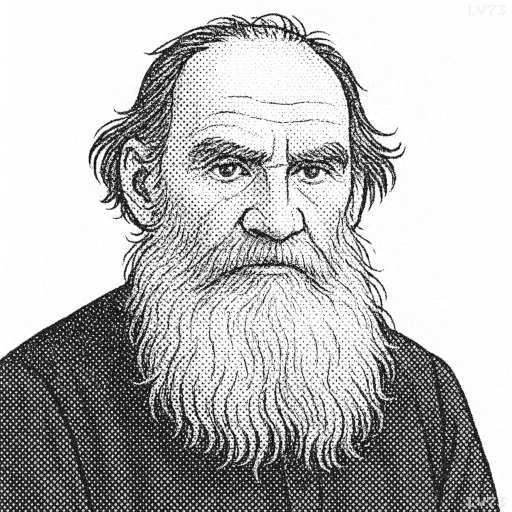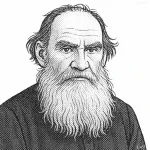“Music is the shorthand of emotion.”

- September 9, 1828 – November 20, 1910
- Born in Russia
- Writer, philosopher
table of contents
Quote
“Music is the shorthand of emotion.”
Explanation
In this quote, Leo Tolstoy expresses the idea that music is a powerful means of conveying emotion, often more directly and profoundly than words. He suggests that music can serve as a language of its own, capable of expressing complex feelings and emotions in a way that bypasses the limitations of verbal communication. The metaphor of music as a “shorthand” implies that it condenses emotions into a form that can be easily understood and felt, without the need for explanation or analysis. For Tolstoy, music transcends the boundaries of language, allowing people to experience emotions on a deeper, more intuitive level.
This idea remains relevant in the modern world, where music continues to be a universal means of emotional expression, capable of connecting people across cultures and languages. Whether it’s through a song that evokes nostalgia, a melody that conveys sorrow, or an instrumental piece that expresses joy, music is often able to express the full spectrum of human emotion in a way that words sometimes fail to capture. Many people turn to music as a form of comfort, understanding, or release, demonstrating its unique ability to communicate what might be too complex or intense to articulate with language alone.
Tolstoy’s own writings, particularly in his novel War and Peace, demonstrate his belief in the power of emotion and the role of art in communicating deep human experiences. Tolstoy believed that art, including music, plays an essential role in revealing the truth of human existence—in its most raw and unfiltered form. This quote speaks to his larger view that true art taps into the emotional core of human experience, transcending intellectual barriers and creating a shared, universal connection.
Would you like to share your impressions or related stories about this quote in the comments section?




